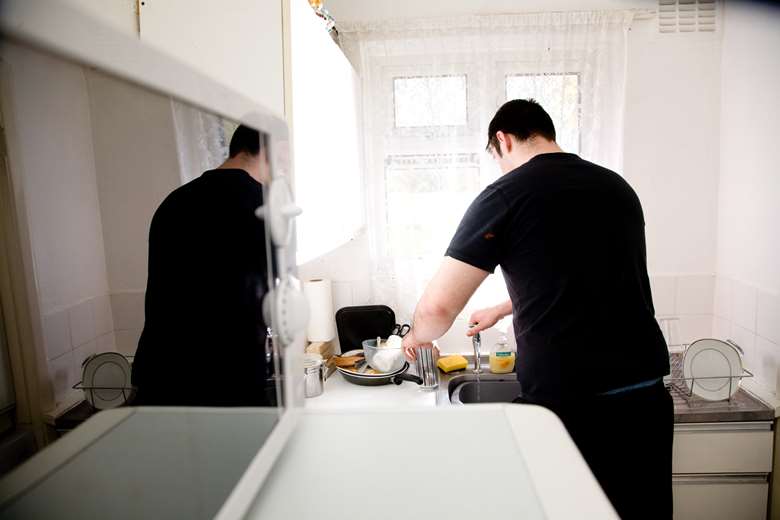Ofsted highlights lack of support for children placed out of area
Neil Puffett
Tuesday, April 8, 2014
Not enough is being done by local authorities to support children who are placed in care far away from home, Ofsted has warned.

A report by the watchdog on the issue of out-of-area care placements, found that social work managers often paid little attention to the quality of care that is provided when children are placed a long way from home.
The study, which focused on nine local authorities and 92 cases, found that in nearly half the cases tracked, children and young people arrived in new areas without the right specialist support being in place for them.
Nearly a third of children had difficulty accessing healthcare – most commonly child and adolescent mental health services (CAMHS).
The report also concluded that:
- Children were mainly placed out of area due to a shortage of suitable carers close to home
- Councils often failed to notify other agencies properly when a looked-after child moved into their area
- Independent reviewing officers rarely contacted children living out of area between reviews
Debbie Jones, national director for social care at Ofsted said the fact that some children in care are being damaged further by unnecessary delays and gaps in their support was “unacceptable”, and must be addressed as “a matter of urgency”.
“The delays for children and young people accessing the mental health support they need, often because of funding disputes between local authorities, is frankly unacceptable, and should immediately be resolved as we have recommended,” she said.
“Local authorities face significant challenges in ensuring high-quality local placements to meet the unique needs of looked-after children, but as demand continues to grow, more and more children will find themselves placed at distance from their families and communities.
“This issue is not going to go away.”
Jones called on both policymakers and local authorities to urgently consider new solutions to create more local placements for children and young people of the quality required.
Ofsted has also called on the government to review the impact of strengthened regulations on children’s homes providers and local authorities which came into effect in January, to ensure children are being kept safe and are adequately supported.
Peter Grigg, director of policy at The Children’s society, said: “It is unacceptable that two years after our Parliamentary inquiry exposed the harm caused by placing vulnerable children many miles from their homes, councils are still sending thousands of children across the country due to a shortage of suitable carers close to home.
“And this report highlights the worrying lack of care and contact given to these children, as well as the lack of access to education and services to their wellbeing. Councils are responsible for these children, and it is their duty to keep them safe."
Barnardo’s assistant director of strategy, Rachel Coffey, said it is the responsibility of councils to protect children from an “out of sight, out of mind” culture.
“For the sake of stability and to give children in care the best possible chance to flourish we must wherever possible aim to place children where they live,” she said.
David Simmonds, chair of the Local Government Association's children and young people board, said councils have been working very closely with the DfE on this issue, in close consultation with approved children’s home and foster carers who provide the majority of places.
“This is why it is disappointing that Ofsted are jumping on the bandwagon again with this rather than offering constructive suggestions, especially as Ofsted is directly responsible for inspecting children’s homes provision.
"The biggest concern for councils is the welfare of the children they care for, and the flexibility to place children away from the area where abuse or neglect has brought them into the care system can be a vital way of giving them a new beginning away from these problems.”
A Department of Education (DfE) spokesman said it has been clear with councils that children should only be placed out of area when it is in their best interest. “We have already changed the rules so that any such decision must be approved by a senior council official,” the spokesman added.
“We have also increased transparency about the location and quality of children's homes, and are working closely with Ofsted to improve inspection.”
The Ofsted study follows a report by the education select committee last month, which called for an end to unnecessary out-of-area placements, stating that councils must ensure they have enough suitable placements in their area.
Ofsted itself has delayed by a year the introduction of new children’s home inspections because of concerns they would be "inefficient".
The changes, which would have placed a greater focus on how children are improving at homes and brought in a tougher grading system, will not now come into force until April 2015.




